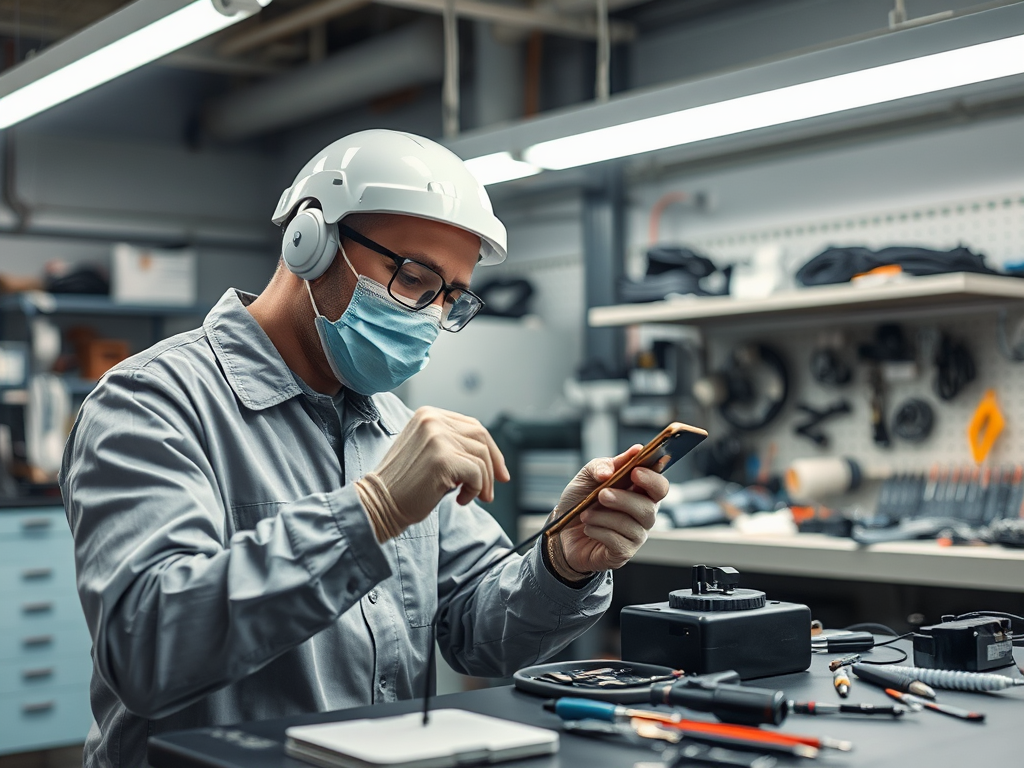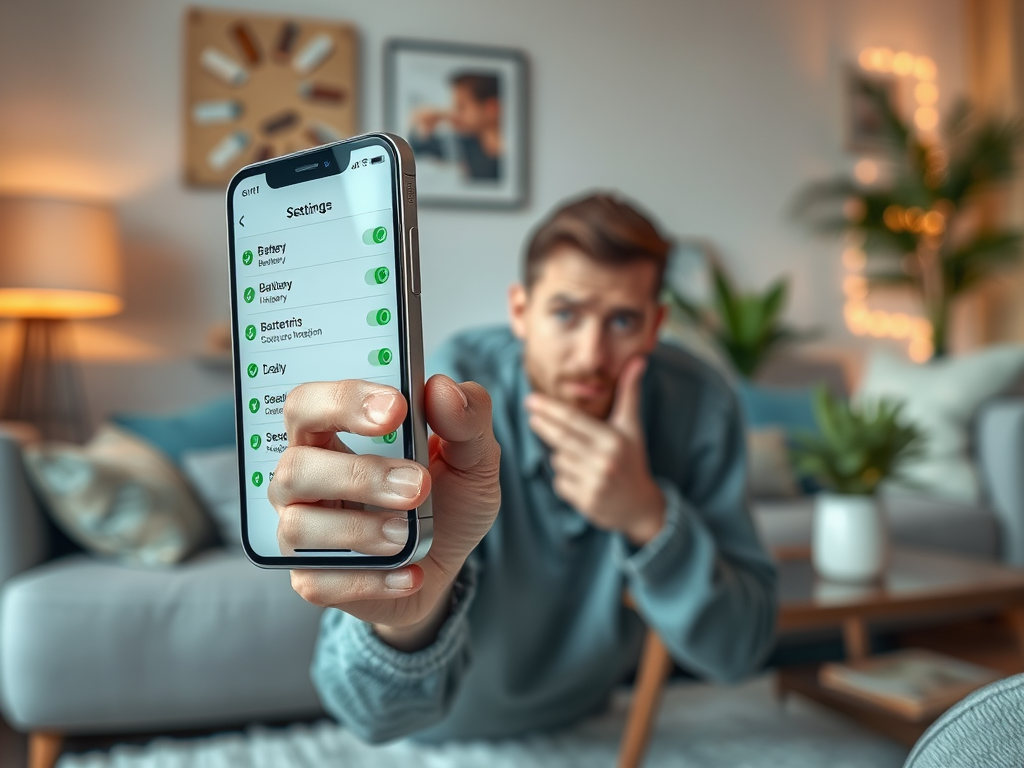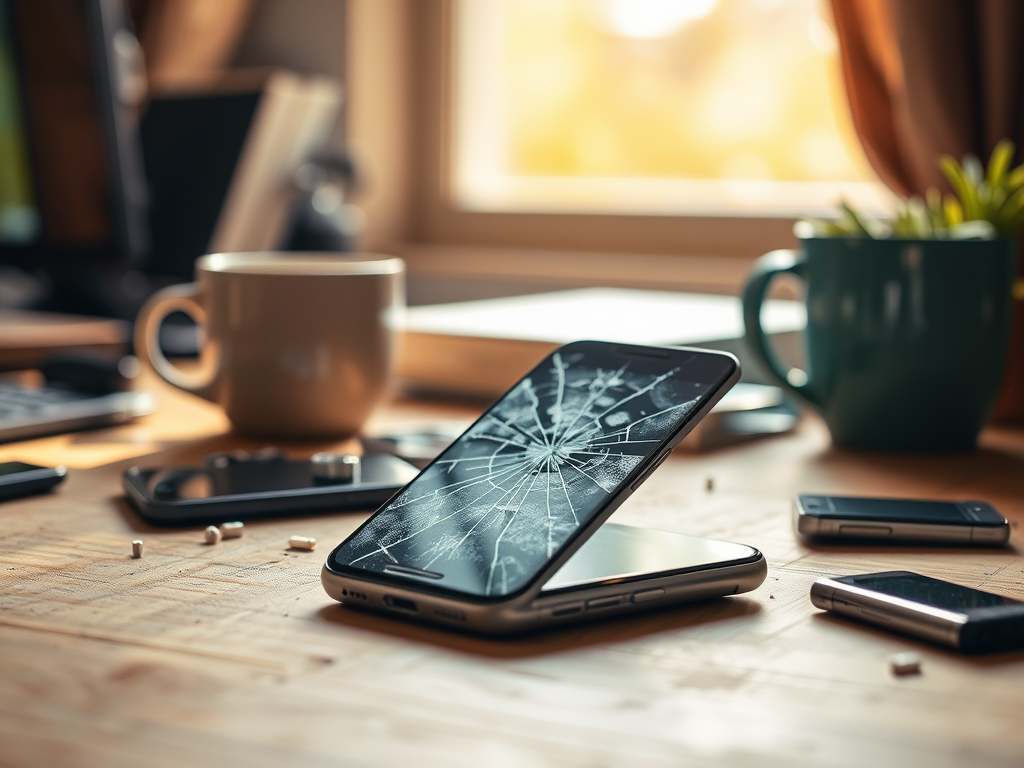Apple’s iPhones have revolutionized the way we communicate, work, and entertain ourselves. However, like any sophisticated piece of technology, they are not immune to hardware issues. Over time, even the most meticulously cared-for devices can develop problems that affect their functionality. Recognizing these signs can be crucial for maintaining your device’s performance and can save you from expensive repairs. Many users are unaware of the early warning signs, often prolonging issues that could be resolved with timely intervention. If you find yourself questioning whether it’s time for an expert assessment, this article will illuminate the key hardware issues to look out for.
Understanding Common Hardware Issues

Hardware issues can arise from various sources, including physical damage from drops or spills, software malfunctions, and the natural wear and tear that comes with aging devices. It’s essential to differentiate between software and hardware problems, as this knowledge can guide you in troubleshooting effectively. If you’re experiencing difficulties, pay close attention to the symptoms you notice. Proper diagnosis can often prevent minor issues from escalating into major headaches. Below are some common hardware-related problems to keep an eye on:
- Battery performance problems
- Screen malfunctioning
- Audio or speaker issues
- Overheating
- Frequent crashes and freezes
Signs Your iPhone Might Have a Hardware Problem

As a user, you may experience several signs that indicate your iPhone needs expert attention. Many think minor glitches are merely software bugs; however, persistent symptoms can hint at deeper, hardware-related complications. This section will outline common manifestations of hardware issues. Each issue, from battery lifespans to screen touch responsiveness, tells a story of its own. Therefore, it’s vital to monitor these symptoms closely. Here are some prevalent signs to watch out for:
- Frequent Crashes and Freezes: When your device confronts frequent stopping, it can translate into loss of productivity and might signal hardware malfunctions.
- Poor Battery Life: An unusual battery drain can be red flags pointing not only to the battery but also to circuits or connections that need evaluation.
- Screen Malfunctions: Any flickering or unresponsive screens can diminish your user experience and necessitate immediate assessment.
- Distorted Sound Quality: Muffled audio can detract from calls or media playback, indicating potential issues with your device’s sound system.
- Overheating: Continual overheating may be a precursor to hardware failure that must be addressed without delay.
| Sign | Possible Cause |
|---|---|
| Frequent Crashes | Hardware failure or conflicts |
| Poor Battery Life | Worn-out battery or internal issues |
| Screen Flickering | Loose connections or damage |
What Causes Hardware Problems in iPhones?
Determining what leads to these persistent hardware issues can empower you to take preventative action. It’s crucial to understand that some problems are caused by user handling, while others may result from the inherent characteristics of devices. In essence, multiple factors can contribute to hardware degradation. On one side, physical damage is a prevalent cause, often stemming from drops or exposure to liquid. Conversely, aging components may require upgrades or replacements to maintain optimal functionality. Understanding these causes helps users mitigate risks associated with prolonged device use.
When to Seek Expert Help
With some knowledge of the signs and causes of hardware issues, you might feel tempted to troubleshoot on your own. Nonetheless, knowing when it’s best to seek professional help is invaluable. Attempting complex repairs without guidance can lead to more severe problems, including further damage or loss of data. Here are some situations when it’s time to consult an expert:
- If issues persist despite your troubleshooting efforts
- For complex problems, such as severe physical damage or water exposure
- When repairs become cost-effective compared to replacement
- For any internal issues, like battery or component failures
- If you’re unsure about the nature of the problem and need expert evaluation
Conclusion
As intricate devices, iPhones can face a myriad of hardware problems over time. Recognizing these signs early and understanding when to seek expert help can profoundly impact your device’s performance and lifespan. Investing the time and resources into your device’s well-being can prevent more extensive and costly repairs later. Don’t hesitate to consult a professional if any of these signs surface. Timely intervention is key to ensuring your iPhone continues to serve you without interruption.
Frequently Asked Questions
- What should I do if my iPhone won’t turn on?
- Attempt a force restart by pressing and quickly releasing the Volume Up button, pressing and quickly releasing the Volume Down button, and then holding the Side button until you see the Apple logo.
- How can I tell if my battery needs replacing?
- If your iPhone drains battery rapidly or does not hold a charge, it may be time to replace the battery.
- Is it worth repairing an old iPhone?
- Consider the repair costs against the device’s value and performance. If the cost is a significant portion of purchasing a new model, it may be more practical to upgrade.
- What do I do if my screen is cracked?
- Consult a professional repair service to assess the damage and discuss your options for repair or replacement.
- Can software issues affect hardware performance?
- Yes, software glitches can give the impression of hardware problems; however, consistent issues generally point to hardware concerns.


